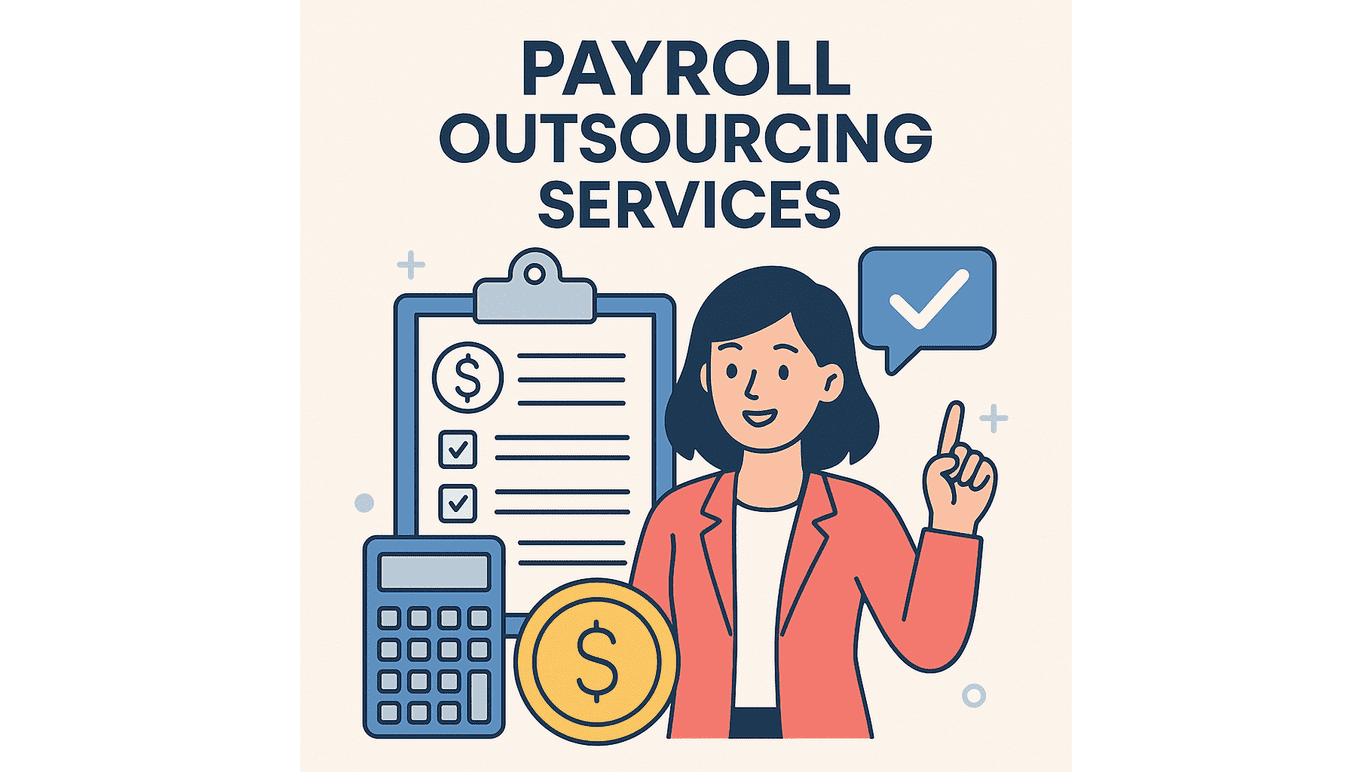
Introduction
The stock market has become increasingly accessible, thanks in part to the rise of stock market trading APIs. These tools empower traders to execute trades, analyze market data, and automate strategies more efficiently than ever. In this article, we’ll delve into the world of stock market trading API, their advantages, and how to implement them in your trading strategy.
What is a Stock Market Trading API?
A stock market trading API is a set of programming interfaces that allow developers to connect their trading applications directly to stock exchanges or brokerage platforms. This connection enables users to access real-time market data, execute trades programmatically, and manage their investment portfolios seamlessly.
Benefits of Using Stock Market Trading APIs
- Automation: Traders can automate their trading strategies, ensuring that trades are executed based on predefined conditions without manual intervention.
- Real-Time Data: APIs provide access to real-time stock prices, historical data, and market trends, enabling traders to make informed decisions quickly.
- Scalability: With APIs, traders can scale their operations, managing multiple accounts or strategies simultaneously with ease.
- Backtesting: APIs allow traders to backtest strategies using historical data to assess their effectiveness before deploying them in live markets.
Key Features to Consider
- Data Coverage: Ensure the API provides access to the stocks and markets you are interested in.
- Latency: Choose an API with low latency to ensure trades are executed quickly and efficiently.
- Security: Robust security measures are essential to protect your account and personal information.
- Documentation and Support: Quality documentation and responsive customer support can ease the integration process and resolve issues promptly.
Popular Stock Market Trading APIs
- Alpaca: A commission-free trading platform offering an easy-to-use API for stock trading and real-time market data.
- Interactive Brokers: A well-established brokerage with a powerful API that supports a wide range of financial instruments and advanced trading features.
- TD Ameritrade: Provides a comprehensive API with access to market data, trading capabilities, and account management.
- Polygon.io: Focuses on real-time and historical market data, making it ideal for data-driven trading strategies.
How to Get Started
- Select Your API Provider: Choose a trading platform that offers an API aligned with your trading goals.
- Create an Account: Sign up and obtain your API key to access the trading features.
- Read the Documentation: Familiarize yourself with the API’s capabilities, endpoints, and data structures.
- Develop Your Application: Start coding your trading algorithms, ensuring to incorporate risk management strategies.
- Testing: Use a paper trading account to test your strategies in a risk-free environment before going live.
Conclusion
Stock market trading APIs are revolutionizing how traders interact with the financial markets. By leveraging these powerful tools, traders can automate their strategies, access real-time data, and make informed decisions with greater efficiency. Whether you are a novice looking to learn or an experienced trader seeking to optimize your operations, understanding and utilizing trading APIs can give you a significant edge in the stock market.







